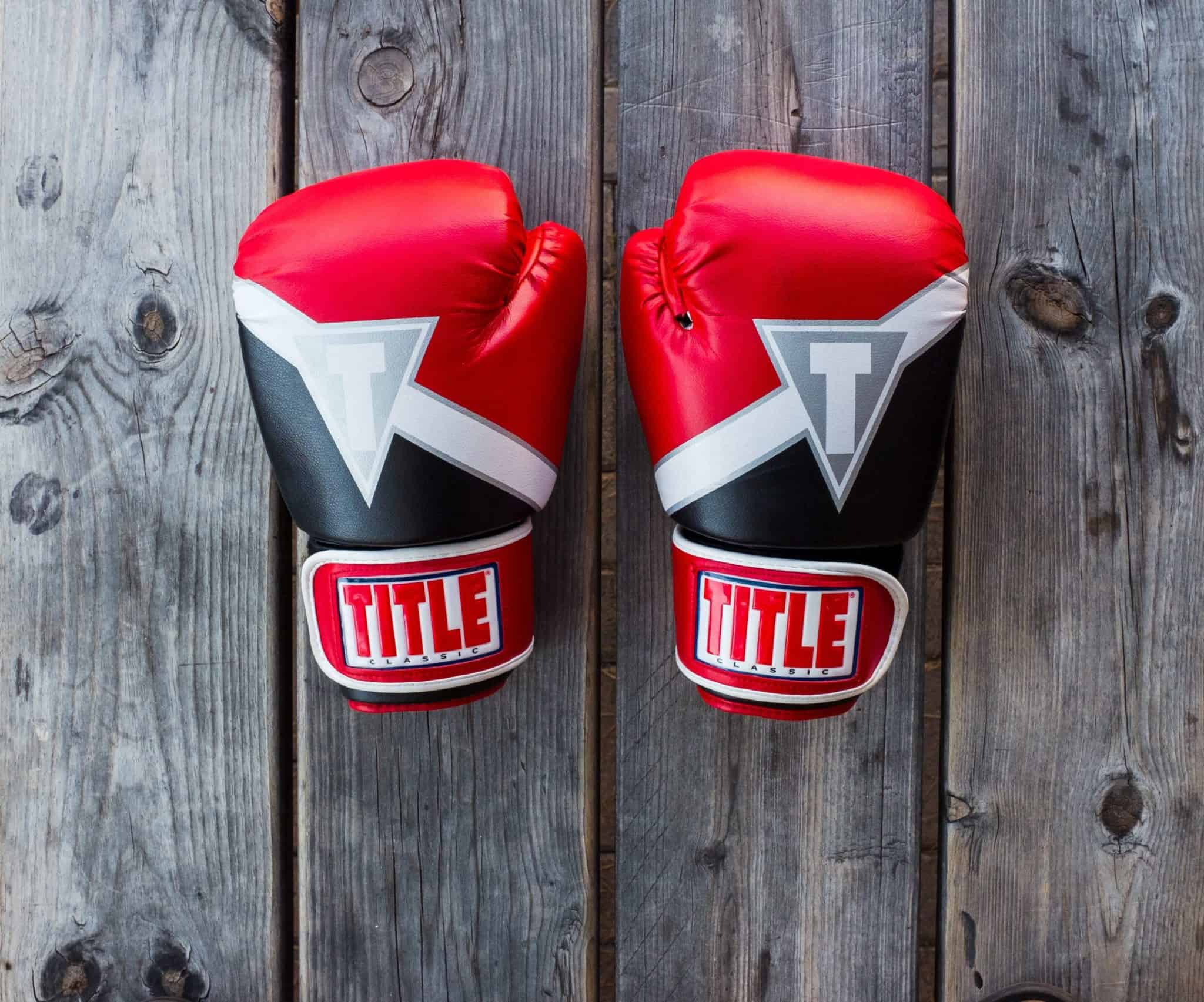Randon Herrera is a student at Harvard Law School.
On Friday, the House passed a $3 trillion coronavirus stimulus package. Though the bill is likely doomed as it faces Republican opposition in the Senate and a threat of veto from President Trump, it represents House Democrats’ first offer at the negotiating table, the New York Times reports. The package would send $875 billion to state and local governments, $20 billion to tribal governments, and another $20 billion to US territories. Eligible adults would also receive another $1200 stimulus check. And, among other things, the bill would create new provisions for hazard pay for essential workers.
In the sports arena, even as the UFC has downplayed the health risks of holding fights during the pandemic, it has required fighters to waive any legal claims that could arise from such risks. Prior to a May 9 fight in Florida, the UFC required fighters to sign waivers conceding that health services “may be unusually limited” due to the coronavirus, and that company made no guarantees “whatsoever” regarding local hospital capacity, covid-19 treatment, or potential exposure during the fight. Even further, the UFC banned fighters from publicly suggesting that fights lacked the appropriate health and safety precautions against the virus and threatened to revoke fighters’ salaries should they violate the ban. The waiver released the UFC from any claims of negligence related to covid-19 and banned the fighters from cooperating in any investigations against the media company. The waiver’s terms demonstrate UFC awareness of the coronavirus risks for fighters, while denying liability for their potential exposure to the hazard. A senior attorney at legal advocacy group Public Justice said the terms may be legally unenforceable, but will nonetheless have a chilling effect on players. The UFC’s actions are significant because it is the first major sports league to begin hosting events during the pandemic, while other leagues remain on hiatus and in discussion on how to safely gear back up. The legal issues surrounding players’ safety and owners’ liability will likely gain prominence in the coming months.
In the latest update on Tesla, a California state panel on Friday rejected a request from Elon Musk’s SpaceX for $655,000 in state job and training funds. The decision by the employment panel came after California’s main union federation and other labor officials urged the state to stop subsidizing Tesla after Musk announced he was defying San Francisco health orders by reopening his factory, sued the county, and threatened to pull Tesla Inc’s headquarters out of California. The panel also cited concerns about wages, job retention, and turnover due to Musk’s threats to leave the state. The denial is indicative of the blowback the company faces for its efforts to reopen during the pandemic.
Finally, an independent arbitrator last week ruled that the Social Security Administration violated federal labor law by withholding information during its contract negotiations with a union representing administrative law judges who preside over social security disability cases. The Association of Administrative Law Judges accused the agency of repeatedly denying the union’s requests during contract negotiations for information regarding the judge’s wages, contract terms, and training costs. The union president commended the decision, stating that the Agency has “authorized aggressive union busting strategies to eliminate our union of disability judges. SSA negotiated in bad faith and refused to work with us during the pandemic.”






Daily News & Commentary
Start your day with our roundup of the latest labor developments. See all
February 12
Teamsters sue UPS over buyout program; flight attendants and pilots call for leadership change at American Airlines; and Argentina considers major labor reforms despite forceful opposition.
February 11
Hollywood begins negotiations for a new labor agreement with writers and actors; the EEOC launches an investigation into Nike’s DEI programs and potential discrimination against white workers; and Mayor Mamdani circulates a memo regarding the city’s Economic Development Corporation.
February 10
San Francisco teachers walk out; NLRB reverses course on SpaceX; NYC nurses secure tentative agreements.
February 9
FTC argues DEI is anticompetitive collusion, Supreme Court may decide scope of exception to forced arbitration, NJ pauses ABC test rule.
February 8
The Second Circuit rejects a constitutional challenge to the NLRB, pharmacy and lab technicians join a California healthcare strike, and the EEOC defends a single better-paid worker standard in Equal Pay Act suits.
February 6
The California Supreme Court rules on an arbitration agreement, Trump administration announces new rule on civil service protections, and states modify affirmative action requirements